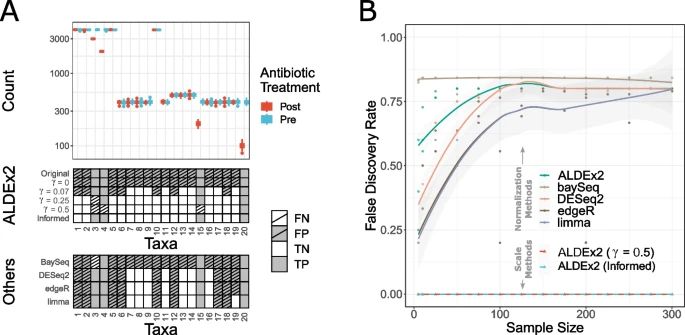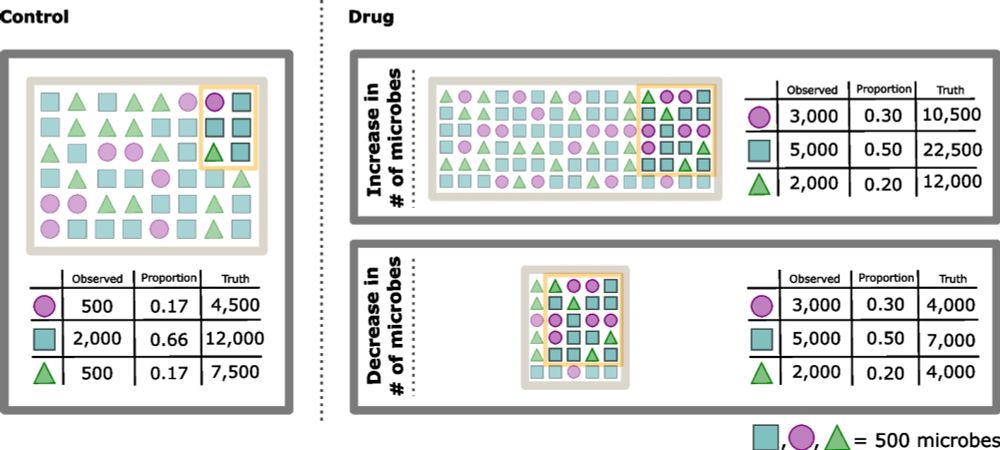Justin Silverman
@inschool4life.bsky.social
160 followers
52 following
53 posts
Assistant Professor of Informatics, Statistics, and Medicine at Penn State University
https://jsilve24.github.io/SilvermanLab/
Posts
Media
Videos
Starter Packs
Reposted by Justin Silverman
Greg Gloor
@ggloor.bsky.social
· Aug 21
Reposted by Justin Silverman
Tal Korem
@tkorem.bsky.social
· May 2
Reposted by Justin Silverman





